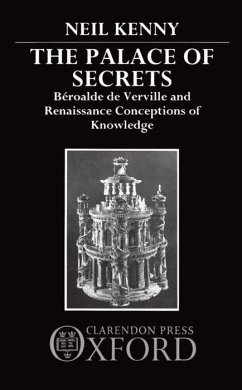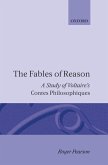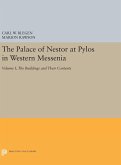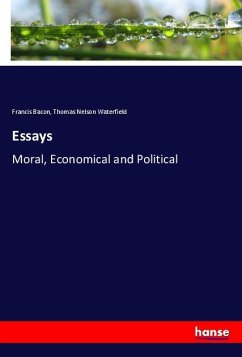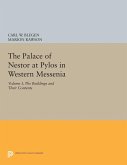During the Renaissance, different conceptions of knowledge were debated. Dominant among these was encyclopaedism, which treated knowledge as an ordered and unified circle of learning in which branches were logically related to each other. By contrast, writers like Montaigne saw human knowledge as an inherently unsystematic and subjective flux. This study explores the tension between these two views, examining the theories of knowledge, uses of genre, and the role of fiction in philosophical texts. Drawing on examples from sixteenth and seventeenth- century texts, and particularly focusing on the polymath Beroalde de Verville, Kenny provides an in-depth study of the two competing conceptions of knowledge.
Hinweis: Dieser Artikel kann nur an eine deutsche Lieferadresse ausgeliefert werden.
Hinweis: Dieser Artikel kann nur an eine deutsche Lieferadresse ausgeliefert werden.

